INTERVIEWS
Annette Pearson de González
Interviewer: Greg Labrosse
Language of interview: English
Country of practice: Colombia
Profession: Trained as a lawyer at Victoria University in Wellington (New Zealand), then specialized in criminology at Cambridge University (England). Currently Colombia Community Justice Houses National Program Consultant.
Annette Pearson de González is an expert in Restorative and Transitional Justice with extensive experience in New Zealand, Colombia and Central America. She trained as a lawyer at Victoria University, New Zealand, and then specialized in criminology at Cambridge University, England. Since 1976, she has worked in Colombia with international cooperation organizations and the Ministry of Justice, and since 1994, she has worked with “Community Justice Houses” (Casas de Justicia), a project that deals with local restorative justice processes such as community conflict resolution, peaceful coexistence and conciliation processes. In addition, she has worked with victims of the Colombian conflict, the reintegration of former paramilitary members, and the Special Jurisdiction for Peace (JEP).
In our interview, Pearson exposes the complexity of restorative justice and defines it as a continuum, ranging from complete problem resolution, conciliatory measures, to no restoration at all. She explains that any restorative process should be based on dialogue, prioritizing the local context and communities, and that all criminal proceedings should include a restorative component.
During the interview, Pearson talks to us about La Casita, a restorative justice space in Bogotá designed by architect Carlos Medellín, that successfully involved participants in the design process, affording them a sense of belonging within the site. She explains how alternative justice spaces must support participants and feel different in comparison with other everyday spaces, in order to allow them to be “a better version of themselves.” However, she argues that restorative spaces are not important because of their architectural condition, but because they foster open dialogue and generate community unity. For her, the word restorative is synonymous with dignity, safety, respect, and trust. At the end of our interview, she clarifies how important and delicate restorative processes have become for the current transitional period in Colombia.
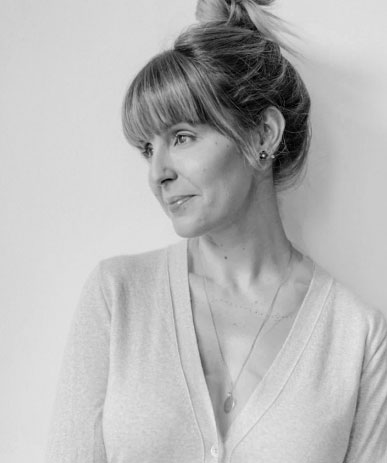
is an author, speaker, columnist, and podcaster in the fields of architecture and decorative arts. She is completing her MA in Art History at Concordia University, Montréal, and holds a Bachelor of Commerce with a major in Marketing from John Molson School of Business. She studied Industrial Psychology in Los Angeles, California. Sicotte is the author of two published books on design (2015, 2018) published by Les Éditions Cardinal.

is a Colombian PhD candidate in the Department of Art History at Concordia University. She has a background in architectural design and community activism and holds a master’s degree in Building and Urban Design from the Bartlett School of Architecture in London, England. Her interests focus on socially-engaged art, social movements, collaborative activism in post-conflict scenarios, collectively-produced art, and art produced in relation to the built environment.
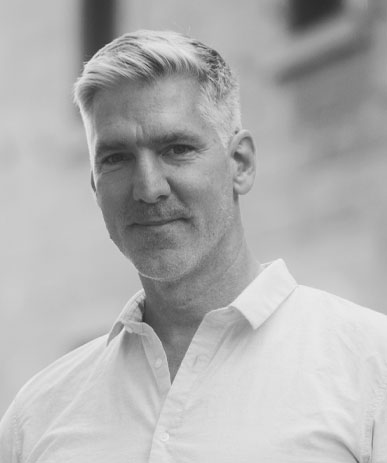
is a PhD candidate in Humanities at Concordia University. His research focuses on spatial agency, social aesthetics, youth narratives, and graphic representations of urban memory. He has published on the relationship between children, play, and public space in Cartagena, Colombia. He has also worked as an editor on literary projects, including Territorio Fértil, which received the María Nelly Murillo Hinestroza award for Afro-Colombian literature.
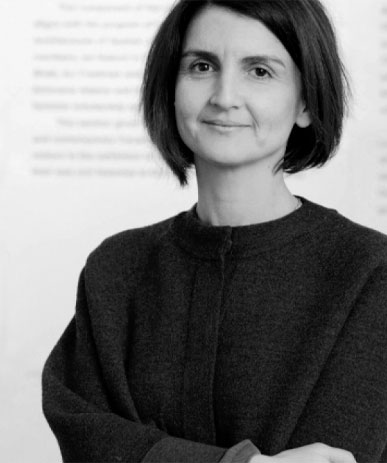
is Associate Professor and Canada Research Chair in Architectures of Spatial Justice (Tier 2) at the Peter Guo-hua Fu School of Architecture at McGill University, Montréal, Québec, Canada. Her research interests include low-income housing and participatory design, civil protest and urban design, and campus landscapes and race. Her publications include the co-edited book, Orienting Istanbul (2010) and solo-authored book, Istanbul Open City (2018).
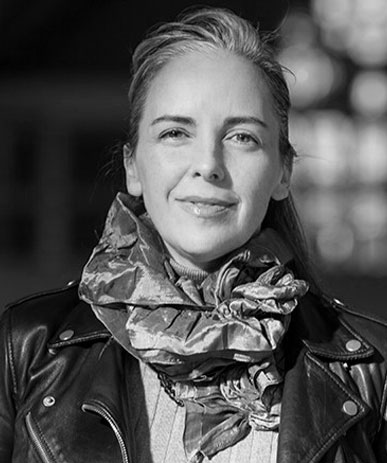
is an artist and a professor of Art History at Concordia University. Her work focuses on women and the history of the built environment, urban landscapes, research-creation, and oral history. She has published on the spatial history of the suffrage movement, public art, gardens, and the politics of urban change. In addition to her research on the spaces of restorative and transitional justice, she is leading an oral history project on the urban memories of diverse Montrealers.
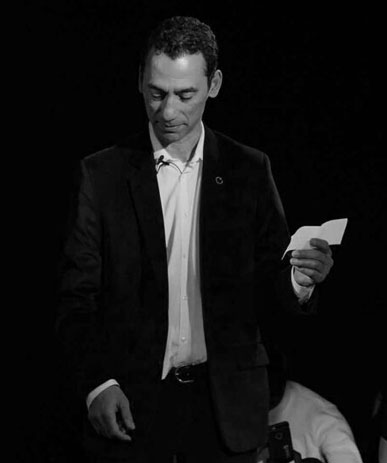
is Associate Professor in the Department of Theatre at Concordia University, Montreal (Quebec, Canada). He is also the second co-director of Concordia’s Centre for Oral History and Digital Storytelling. His latest publications explore listening in the context of post-conflict performances of memory. For instance, see ‘Facilitating voicing and listening in the context of post-conflict performances of memory. The Colombian scenario.’ In: De Nardi, S., Orange, H., et al. Routledge Handbook of Memoryscapes. Routledge: London. (2019), and his article ‘Not being able to speak is torture: performing listening to painful narratives’. International Journal of Transitional Justice, Special Issue Creative Approaches to Transitional Justice: Contributions of Arts and Culture. (March, 2020)